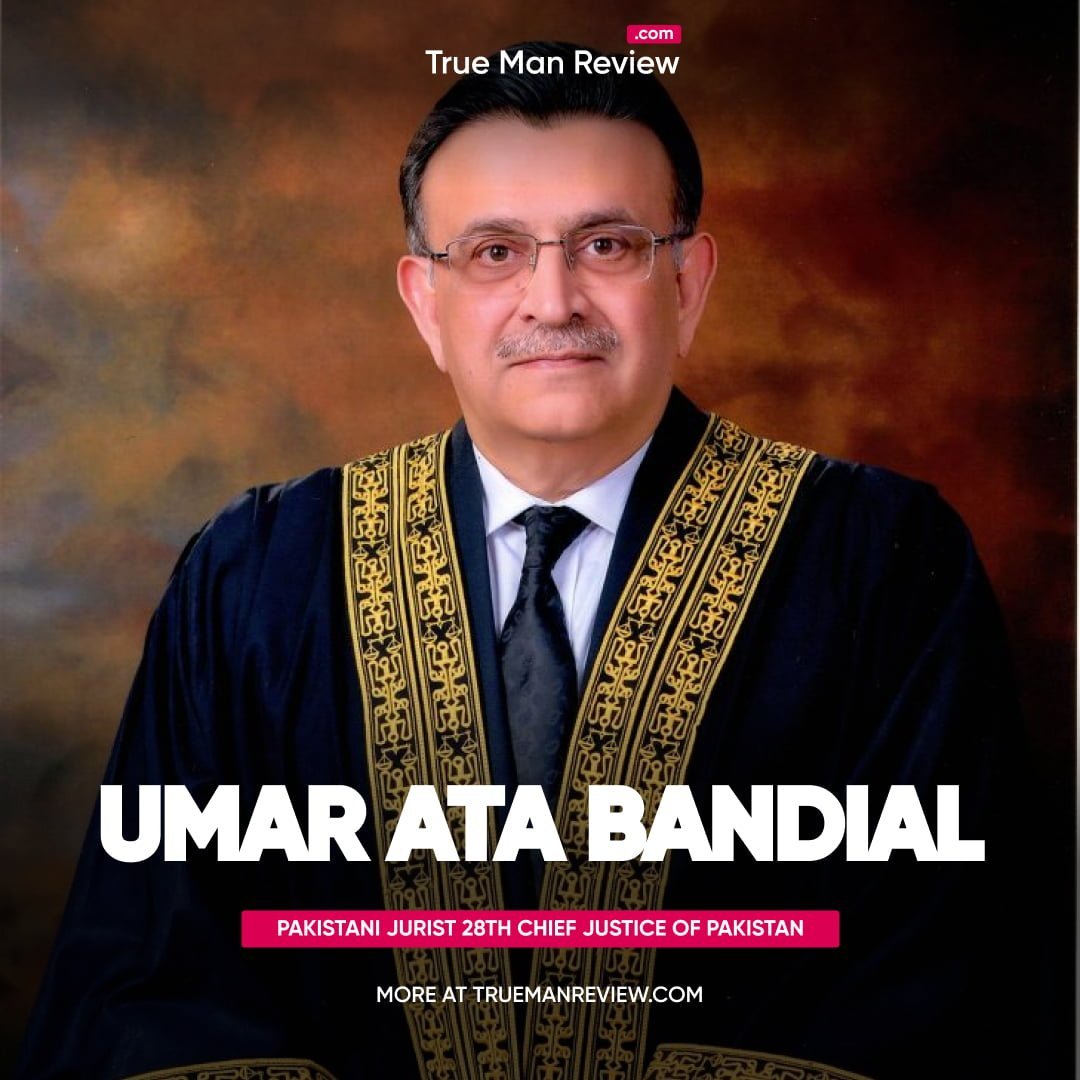The beginning of this month brought forth an ongoing debate: would Chief Justice Umar Ata Bandial make a decision on his way out of office that would further complicate an already contentious political landscape in Pakistan? Throughout his tenure, Chief Justice Bandial has presided over numerous politically charged decisions, and as he nears the end of his term, speculation abounds about how history will remember his rulings. The fate of these decisions will likely become clearer in the coming days.
The Background
Chief Justice Umar Ata Bandial’s practical last day in office was marked with a significant decision. During a program, Rehan Tariq, the host of “Program 10,” hinted at the historical significance of Chief Justice Bandial’s rulings and speculated about how they would be remembered in the days to come. The anticipation surrounding these rulings is palpable, and it is expected that we will soon have a better understanding of their impact.
The Recent Decision
On a crucial decision day, the Supreme Court of Pakistan, under Chief Justice Umar Ata Bandial, announced its verdict on the National Accountability Bureau (NAB) ordinances. Shockingly, out of the 10 ordinances, 9 were declared null and void, including the controversial NAB Amendment Ordinance. Notably, Chief Justice Bandial, along with Justice Aijaz-ul-Hassan, supported the petition filed by PTI Chairman.
However, Justice Mansoor Ali Shah dissented, raising concerns about the majority’s decision. While his dissenting note remains undisclosed, it’s a topic of intrigue, as Justice Shah’s vocal opposition during the hearings was well-documented. Yet, during the recent verdict announcement, his dissenting note was not read aloud.
The Implications
The recent Supreme Court decision has far-reaching implications. Not only has it affected various cases, but it has also reopened many previously closed investigations. Under the decision, not only the cases but also inquiries and investigations falling under NAB’s jurisdiction with a financial value of less than 50 crore rupees will now be subject to a review.
The decision has ushered in a new wave of optimism for individuals implicated in NAB cases, including former President Asif Ali Zardari, former Prime Minister Nawaz Sharif, and Yousaf Raza Gillani. Several high-profile cases that were previously shelved are set to make a comeback.
Looking Ahead
Justice Umar Ata Bandial’s decision on these ordinances has generated substantial debate. However, it is essential to recognize that the story doesn’t end here. It is likely that affected parties will file review petitions. If the full court or a larger bench reviews the decision, it may yield different outcomes.
Furthermore, the introduction of the Practice and Procedure Bill for Supreme Court hearings adds another layer of complexity to the situation. Scheduled for a hearing on September 18, 2023, this bill will significantly impact the Supreme Court’s modus operandi.
In conclusion, the recent verdict on NAB ordinances by Chief Justice Umar Ata Bandial and his fellow justices has altered the political landscape in Pakistan. However, it’s essential to remember that this is just one chapter in an ongoing story, and the final narrative remains unwritten. The impact of these decisions will continue to unfold in the coming days and may have a lasting impact on Pakistan’s political and judicial history.
Justice Umar Ata Bandial Biography

Justice Umar Ata Bandial, a distinguished name in Pakistan’s legal landscape, has left an indelible mark on the nation’s judicial history. Born on February 21, 1957, in the city of Bandial, he embarked on a journey that would eventually see him ascend to the highest echelons of Pakistan’s judiciary. Let’s delve into the fascinating biography of this eminent jurist.
Early Life and Education of Justice Umar Ata Bandial
ustice Umar Ata Bandial hails from a well-educated family with a legacy of contributing to the legal profession. He completed his initial education from Lahore and subsequently pursued law, which was a natural choice given his family background. Umar Ata Bandial’s dedication and intellectual prowess became evident during his academic journey.
He earned his LL.B. degree from the prestigious Punjab University Law College in Lahore, a renowned institution for legal education in Pakistan. His commitment to academic excellence and his passion for the law laid the foundation for his illustrious career.
Legal Career of Justice Umar Ata Bandial
Justice Bandial’s legal career began when he was enrolled as an advocate of the Lahore High Court in 1980. His legal acumen and commitment to justice quickly earned him recognition and respect within the legal fraternity. He worked tirelessly in various legal capacities, showcasing his legal skills and unwavering dedication to upholding the rule of law.
His rise in the legal field was steady and remarkable. In 1991, he was elevated to the position of Additional Advocate General of Punjab, where he continued to serve with distinction. His tenure as Additional Advocate General further polished his legal skills and deepened his understanding of the intricacies of the law.
Judicial Career of Justice Umar Ata Bandial
Justice Bandial’s journey to the judiciary was marked by his unwavering commitment to justice, his profound legal knowledge, and his exemplary character. In recognition of his outstanding legal career, he was appointed as a judge of the Lahore High Court in 2001. This appointment was a testament to his legal expertise and integrity.
His tenure as a High Court judge was marked by a series of significant decisions that demonstrated his dedication to the principles of justice and the rule of law. His judgments reflected a profound understanding of legal matters and a commitment to ensuring that justice was served.
In 2011, Justice Umar Ata Bandial reached yet another milestone in his career when he was appointed as a judge of the Supreme Court of Pakistan. His elevation to the highest court in the land was a testament to his impeccable legal career and his unwavering commitment to justice.
Chief Justice of Pakistan Umar Ata Bandial
Justice Bandial’s journey culminated in his appointment as the Chief Justice of Pakistan. He assumed the position on February 2, 2022, and his tenure was marked by several landmark judgments and decisions that had a significant impact on Pakistan’s legal landscape.
As Chief Justice, he presided over a range of cases that addressed critical legal and constitutional issues. His dedication to upholding the rule of law and protecting the rights of citizens remained unwavering throughout his tenure.

